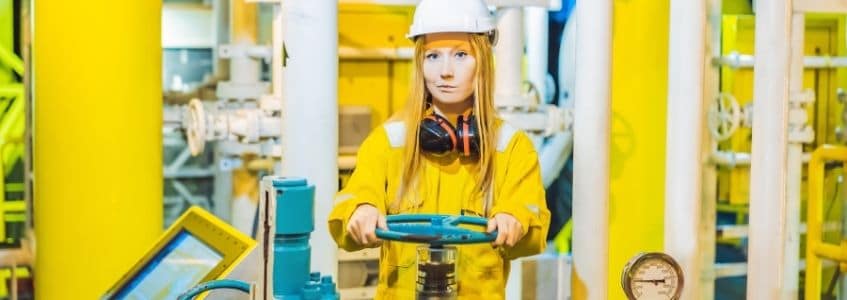Updated on April 2025
In oil and gas, safety isn’t optional; it’s mission-critical. From remote fieldwork to hazardous environments, the risks are real. However staying compliant with safety standards through systems like ISNetworld®, Avetta®, and Veriforce® can help reduce incidents, lower liability, and keep operations running smoothly.
Learn more about Safety Compliance Certification Systems
1. Hazardous Environments & Explosive Atmospheres
Combustible gases, high-pressure equipment, and confined spaces create dangerous conditions. Clear safety protocols, documented hazard communication plans, and updated RAVS® submissions help ensure you meet client and regulatory expectations.
2. Falls from Height
Whether on drilling rigs or catwalks, working at elevation brings major fall risks. Compliance platforms often require fall protection programs and proof of employee training—both key to preventing injury and meeting audit requirements.
3. Equipment Failure
From aging pumps to valve leaks, faulty equipment puts teams in harm’s way. Routine inspections, maintenance logs, and documented repair procedures are not just best practices—they’re often required to remain compliant.
4. Fatigue from Long Shifts
Oilfield workers often face long hours in isolated areas. Fatigue can impair judgment and lead to mistakes. A formal fatigue management plan, supported by safety policies and recordkeeping, helps meet compliance standards and keep teams safe.
5. Incomplete or Outdated Documentation
Even strong safety programs can fail if the paperwork isn’t in order. ISNetworld®, Veriforce®, and Avetta® require current EMR letters, incident logs, and written policies. Gaps in documentation can cost contracts—or worse, result in safety failures.
Read more about How to Get Buy-In for Compliance & Safety Solutions
Why Safety Compliance Matters for Oil & Gas Workers
Compliance systems exist to enforce accountability. They help you document your commitment to worker safety, qualify for more projects, and reduce the risk of accidents.
Need help navigating the technical side of compliance? We’re here to make it simple. Contact Industrial Safety & Compliance today for expert compliance help.





